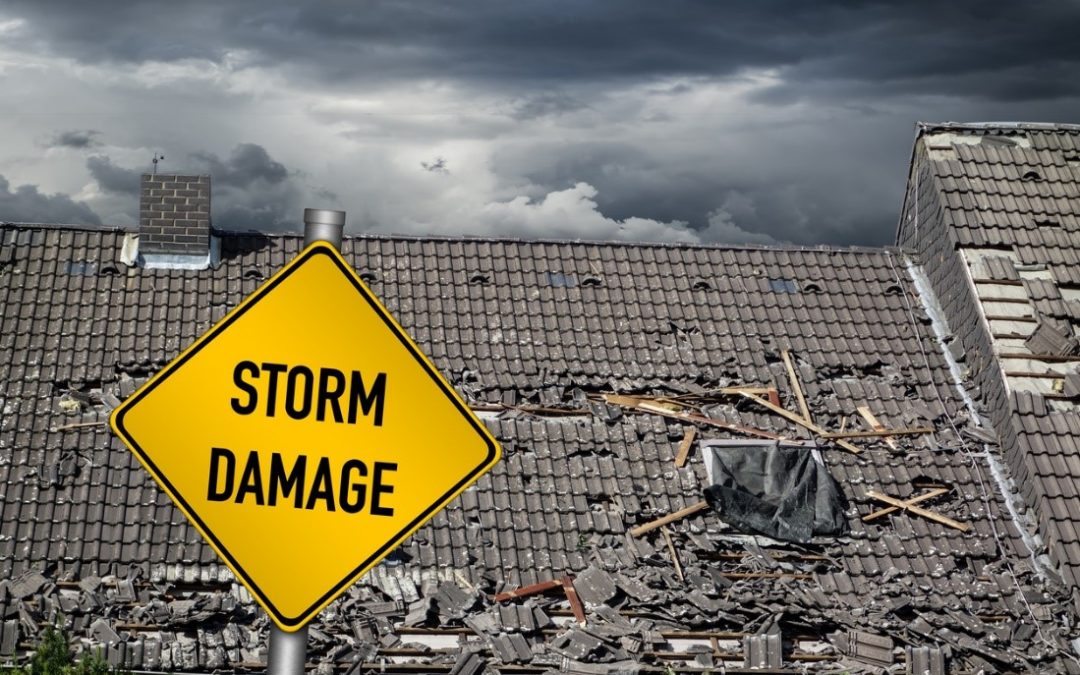Weather causes more damage to homes and people in New York than crime, but many residents don’t make the elements an insurance priority. Here’s what bad weather can do to you and your property, and why insurance for those risks is essential.
Hurricanes. Extreme heat. Drought. Inland nd coastal flooding. Brutal winters. This isn’t an apocalyptic vision of the future–it’s New York, here and now. The state has taken an elemental battering through the years, and 2019 looks to be no different. Forecasters predict up to 14 storms this hurricane season, with 2 to 4 of them expected to be major.
Here’s our look at everything New York can throw at policy holders, and what they can do about it.
New York’s worst weather and what lies ahead
New York saw the heaviest snowfall in over a century last year. Our winters can be extremely cold, bringing heavy snow, sleet, freezing rain, and ice. All of these are classed as serious public hazards (particularly to the elderly), and the state provides health and safety tips to follow during heavy cold spells.
Nearly half of the hurricanes and tropical storms that have hit New York since 1970 happened after 2000—and that’s just one of the effects scientists believe global warming will have on New York. The state is expected to feel like Arkansas by 2080. Heavy rains have increased more than 70 percent, meaning there could be major floods ahead—as frequently as every 5 years by 2030. The devastation New York endured after Hurricane Sandy may even become a 23-year regularity.
The gradual rise in severity of all these weather types will seriously impact people and property in the years to come.
What does bad weather mean for vehicles and homes?
Hurricanes span 5 categories that indicate escalating degrees of home damage through storm surges, powerful winds and inland flooding. Roofs, extensions, or even the entire structure may be torn apart. This could leave residents with no other choice but to relocate—at their own expense—until repairs are done.
Extreme cold brings indoor risks. Accidental home fires cost $2 billion in property loss every year, and almost half of these fires occur in the coldest months of the year (December to January). Fifteen percent of home fires occur when people try harder to stay warm, as cooking ranges left open, portable heaters, and unclean chimneys can all lead to disaster. Follow these Red Cross tips to stay safer.
Vehicles may not even get out of the driveway during severe weather. Dislodged snow can cause varying degrees of exterior damage, while hurricanes flooding and debris can total vehicles completely. Even seasoned drivers struggle in hard weather (assuming they reach the road). Rain, sleet, and snow compromise visibility cause lane obstructions and raise fatal crash risks by 34 percent.
What’s worse, the weather doesn’t have to be extreme to be deadly. Rain is the predominant cause of over one million weather-related crashes in America every year according to the U.S. Department of Transportation. Snow, sleet, ice, and fog were responsible for far less. Any accident could mean serious damage to vehicles and drivers, so it’s essential to protect yourself.
The Insurance Information Institutes offers a list of safety measures to ensure your car performs optimally in bad weather. These tips help limit the chances of an accident or breakdown and the resulting insurance claim.
4 insurance tips to handle the weather
There are also insurance steps that can help protect you and your property against every kind of weather hazard.
- Visit the Federal Emergency Management website to discover if you live in a flood zone and how to prepare if you do. Flood insurance is not typically covered by homeowner or renter policies, but it can be purchased from the National Flood Insurance Program. Some insurance agents also offer flood coverage if your region participates in the NFIP.
- Do a home contents inventory as soon as possible. This will help your insurer better assess post-weather damage and compensate you accordingly. This list of 2019’s best home inventory apps will help you collect data in every room.
- Standard homeowner policies usually cover against the risk of home fires in winter months. Install smoke alarms and extinguishers at home, then let your insurer know you installed them. They reduce the risk of a claim, which may lower your premium.
- Comprehensive and collision auto insurance are valuable policies for all kinds of bad weather. Collision will cover against losing control while driving, and comprehensive covers a wide variety of incidents such as debris damage.
Stay informed and stay ahead of bad weather
You can follow the National Weather Service or AccuWeather for real-time information on weather conditions throughout the state. Notify NYC provides official emergency information in the city. The state also provides resources targeted at especially vulnerable parties—kids, seniors, pets and people with disabilities.
When you’re fully informed, you can get in touch with NICRIS for the right insurance before the next weather event.
NICRIS Insurance focuses on providing clients with the appropriate suite of products to protect them, their interests and their loved ones. If you’re bracing for bad weather and need some insurance advice, we provide a free, personalized review, or you can get in touch by dropping us a line!

